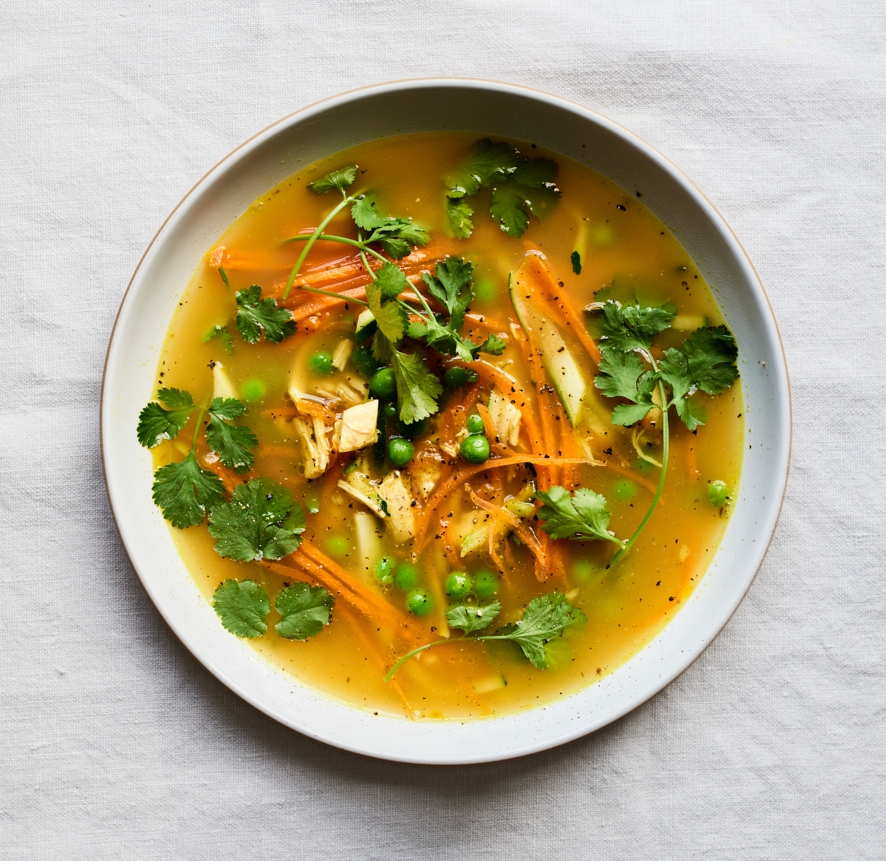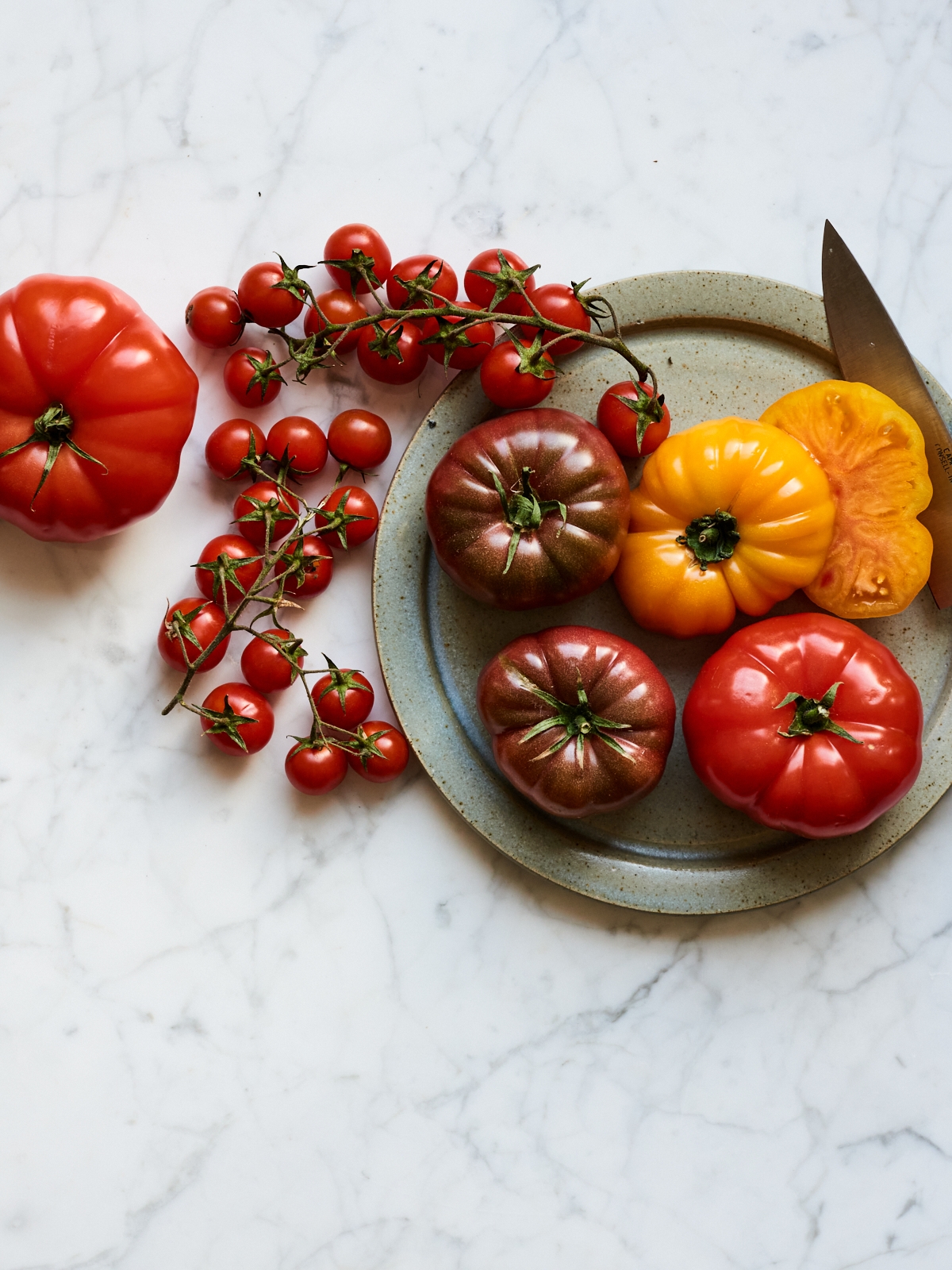07 May, 2019
How to go vegetarian and still be healthy
Research has shown that people who follow a vegetarian or vegan diet have a lower incidence of diet related diseases but not everyone eating this way makes healthy food choices. No matter what dietary preferences you choose to follow the basics of what constitutes a balanced diet are still overarching.
FoodHow to go vegetarian and still be healthy
This may seem like a weird title for a blog but eating more plants doesn’t always equate to healthy eating.
The plant-based revolution is continuing to thrive and likely to do so (hopefully) for the future ahead. Whilst most of the population eat meat and dairy products, veganism and vegetarianism has become more mainstream and according to a survey carried out by YouGov, many more people now consider themselves to be flexitarian (mostly veggie but eating meat occasionally).
Vegetarian health is not that clear cut
Research has shown that people who follow a vegetarian or vegan diet have a lower incidence of diet related diseases but not everyone eating this way makes healthy food choices. No matter what dietary preferences you choose to follow the basics of what constitutes a balanced diet are still overarching.
While you may have cut out all or the majority of animal-based foods, this doesn’t mean you don’t still make unhealthy food choices or even healthy food choices in excess that may promote weight gain.
When can a vegetarian diet become unhealthy?
Ironically, from experience, I can tell you of many vegetarians and vegans who don’t eat a single vegetable and rely on ready meals or junk food to feed themselves. A classic vegetarian mistake is to rely on cheese and pasta to form meals and unfortunately this combination is often one of the few options available to some people when choosing to eat out. On the other hand, there are those that choose to go vegan and end up lacking essential nutrients in their diet as they struggle to prepare nutritious meals.
The sugar thing!
Then there is the whole sugar thing! Yes, sugar in all its guises is plant-based and many of the presumed ‘healthy’ snacks sold commercially or given as recipes are actually fully loaded with the sweet stuff. Soft drinks are the biggest area of concern as they are one of the main contributors to our overconsumption of sugar. This is a huge market and even some dairy-free drinks used as milk alternatives contain more than 1 tsp of added sugar per serving (250ml) whilst other soft drinks with very fancy names can contain more added sugar than a can of coke (the daily recommended intake of sugar is no more than 30g or 6 tsp per day).
Don’t be fooled by the label as every sweetener is unhealthy even if it does appear to have a healthy name such as brown rice or date syrup and even apple juice is still classed as an added sugar and used to sweeten many foods and drinks.
Sweetness is one of the core tastes that contributes to food flavour and realistically it can’t be cut out of the diet completely so check the label before buying foods and when sweetening at home I would always go for the most natural and unprocessed choice of honey.
The rise of vegan junk food
Whilst vegetarians and vegans have traditionally been more aware of their health, changes in the availability of certain foods could negatively impact on this. There’s been a trend emerging for some time now around vegan fast food and food manufacturers are jumping on the bandwagon with vegan versions of junk foods such as ice-cream, snacks and puddings. Whilst this makes it easier for people to switch to plant-based eating these foods are often still loaded with calories, sugar, salt and unhealthy fats, which can still equate to an unhealthy way of eating and do little for the waistline.
Vegetarian and vegan dietary insufficiencies
The flip-side of plant-based eating is that some people embark on a diet that ends up lacking in key nutrients, which can occur if you don’t plan your meals carefully. Vegans in particular need to pay attention to the meals they prepare for themselves. It’s important to include a wide range of foods to supply the basics of a balanced diet.
A poorly planned plant-based diet (vegan and vegetarian) may lack nutrients such as iron, calcium, vitamin B12 and zinc, which are all commonly found in animal foods. Omega 3 is also a nutrient that may be difficult to glean on a plant-based diet. This essential fatty acid is found in oily fish but also in plant foods such as nuts and seeds. Plant-based sources of omega 3 need to be converted in the body but this conversion is poor so those following a plant-based diet may want to consider a supplement sourced from sea algae.
What to eat to keep the balance
Fruits, vegetables and fortified foods supply a variety of vitamins, minerals and phytonutrients essential for good health. A balanced plant-based diet also needs to include good sources of protein such as soy (tofu, tempeh), vegan Quorn, beans, pulses and lentils, as well as healthy fats from oils, nuts, seeds, avocado, nut butters and tahini. As with any other diet, carbohydrates should be sourced from wholegrain foods such as oats, brown rice, rye bread and quinoa.
Getting started
You don’t need to spend hours in kitchen preparing healthy plant-based meals. We've got some delicious and speedy vegetarian recipes on the blog, including this Pumpkin Feijoda and a satisfying Baked Sweet Potato with Black Rice and Avocado. Healthy snacking is also easy by choosing fruit, nuts, seeds and dried fruit which can be eaten alone or used to top soy yoghurt or make smoothies.
Make sure you check out our Top 10 Tips for Going Veggie, as well as our list of Nutrients You Need as a Vegetarian or Vegan.
Everyone should be trying to eat less meat and more plants in their diet no matter what form this takes - vegan, veggie or flexi. Without sounding cliché, the key to any healthy diet is finding balance and this means eating foods from all the key food groups to supply you with protein, carbohydrates and healthy fats alongside vitamins, minerals and phytonutrients. At the root of this is eating a wide variety of foods and there are many plant sources that can be found within each of the key food groups.
Regardless of what type of diet you choose to follow you still have to limit the amount of junk food in your diet and this includes those rich in sugar, salt and unhealthy fats. Don’t assume just because you have chosen to follow a plant-based diet that you’re exempt from these foods or that they are any healthier.
Rob Hobson is a registered nutritionist (BSc, MSc, AFN), published author and food writer. Rob has 15 years of experience working with some of the UK’s leading food companies, government agencies, NHS and private clients as well as regularly writing in the media for publications including the Daily Mail online.



